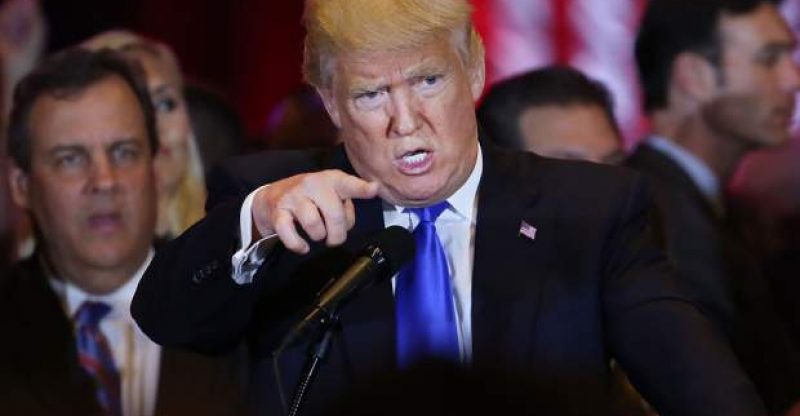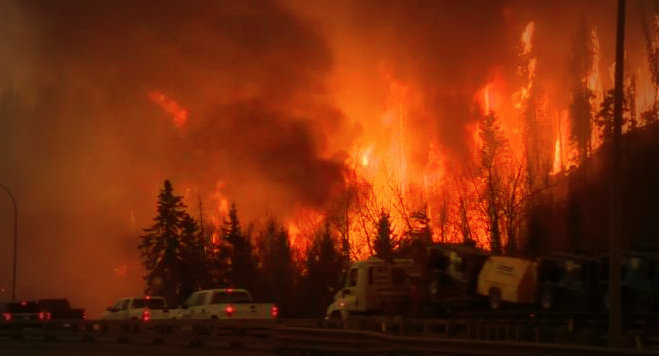Trump’s Triumph Makes Canada Real Estate More Attractive
As shocking as the U.S elections results may be, the country should not believe that Trump’s exiles will boost the real estate market- especially the hot zones including Toronto.
However, some experts paint quite a different picture, as they believe that election results will help the market bounce back on its feet in the foreseeable future.
“It’s too early to know what it means for Canadian housing markets. Nobody knows what it means for the Canadian economy writ large, let alone housing markets across the country,” said a statement from Canadian Real Estate Association chief economist Gregory Klump.
However, for those who think Canada would be a better alternative than to stay in the U.S, real estate firms are already hunting for those clients, said Royal LePage CEO Phil Soper.
I was “shocked and stunned” by the results said a Canadian who has lived in New York and California
But, he said, “Our brand, call it strong, fair, tolerant and welcoming , could stand out even more clearly now as a desired place to invest capital in real property.
“Countries compete for immigrants, those with the best skills and resources, and differentiation could be very helpful for Canada. A Trump-led America will look very different from Canada,” said Soper.
Although the results may be favorable for the Canadian real estate market. However, experts believe that some problems will arise as foreign real estate investments may be affected, especially in the ht zones.
Unlike B.C, who introduced a 15% capital gains tax on foreign investors, Ontario refuses to introduce a similar taxing system, and choose to assist first-time buyers as an alternative.
James McKellar, a professor of real estate and infrastructure at York University’s Schulich School of Business, said he doesn’t believe some Americans would actually flee to Canada to avoid Trump’s reign.
“Americans really don’t know much about Canada. It’s just not on the radar,” he said.
“Even if they could get jobs and pass Canada’s rigorous immigration rules, they probably wouldn’t like the high price of housing and taxes here, although that would be offset somewhat by the low Canadian dollar” he added.
“I don’t think you’ll see a movement of bodies. I think it will simply underscore this movement of foreign capital into Canada,” said McKellar.
“Even Rob Ford didn’t make a dent in that,” he said.
McKellar said investors wouldn’t stop buying houses in big cities such as New York. However, Canadians who own property and comprise the biggest segment of foreign residential buyers south of the border, will begin to look at getting out.
“I know an investor in Florida that’s getting out simply because he’s looked at the impact of global warming and realizes that in the next 10 years, the number of storms, the amount of flooding, uninsured … there’s more and more uncertainty,” he said.





